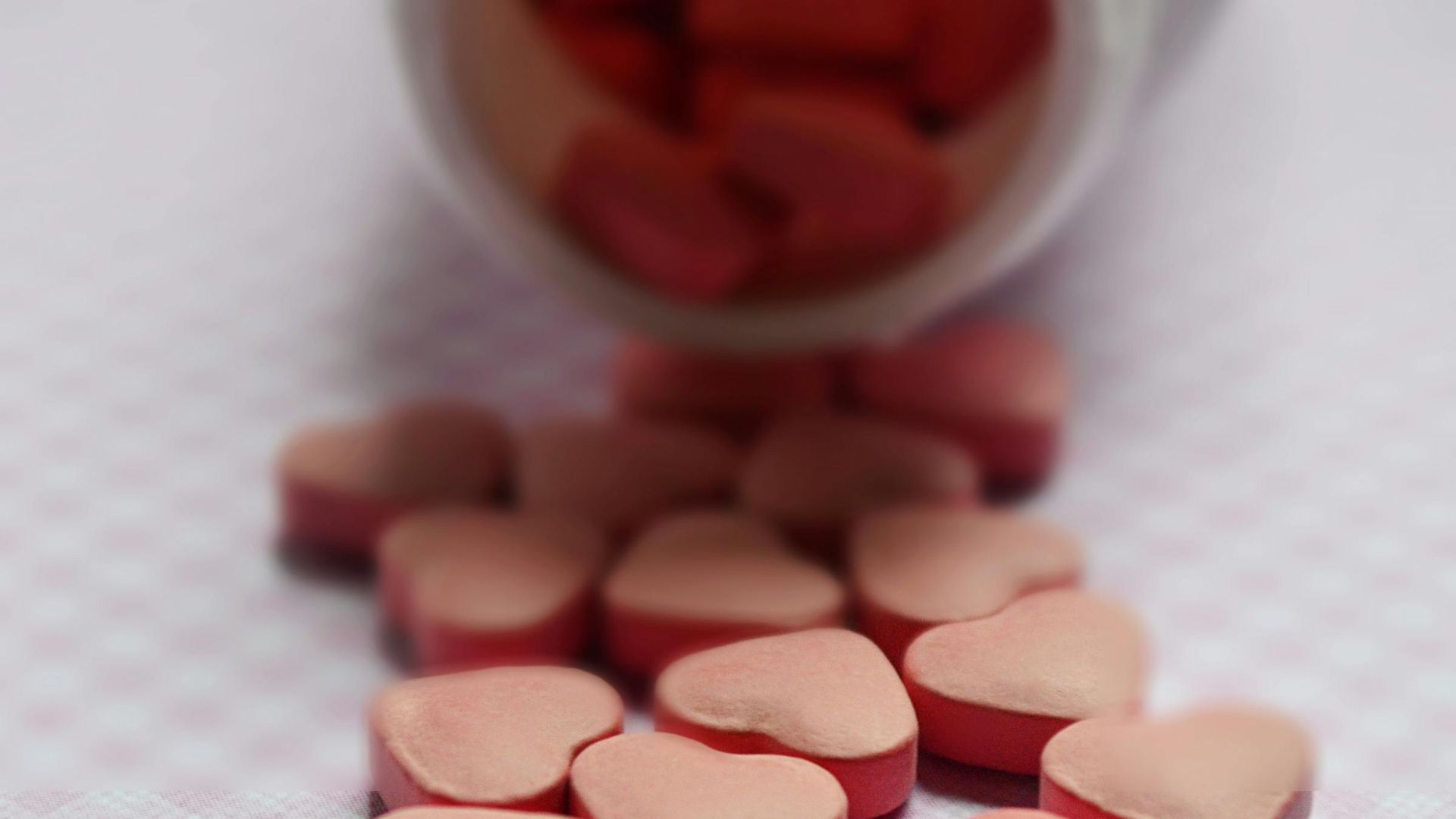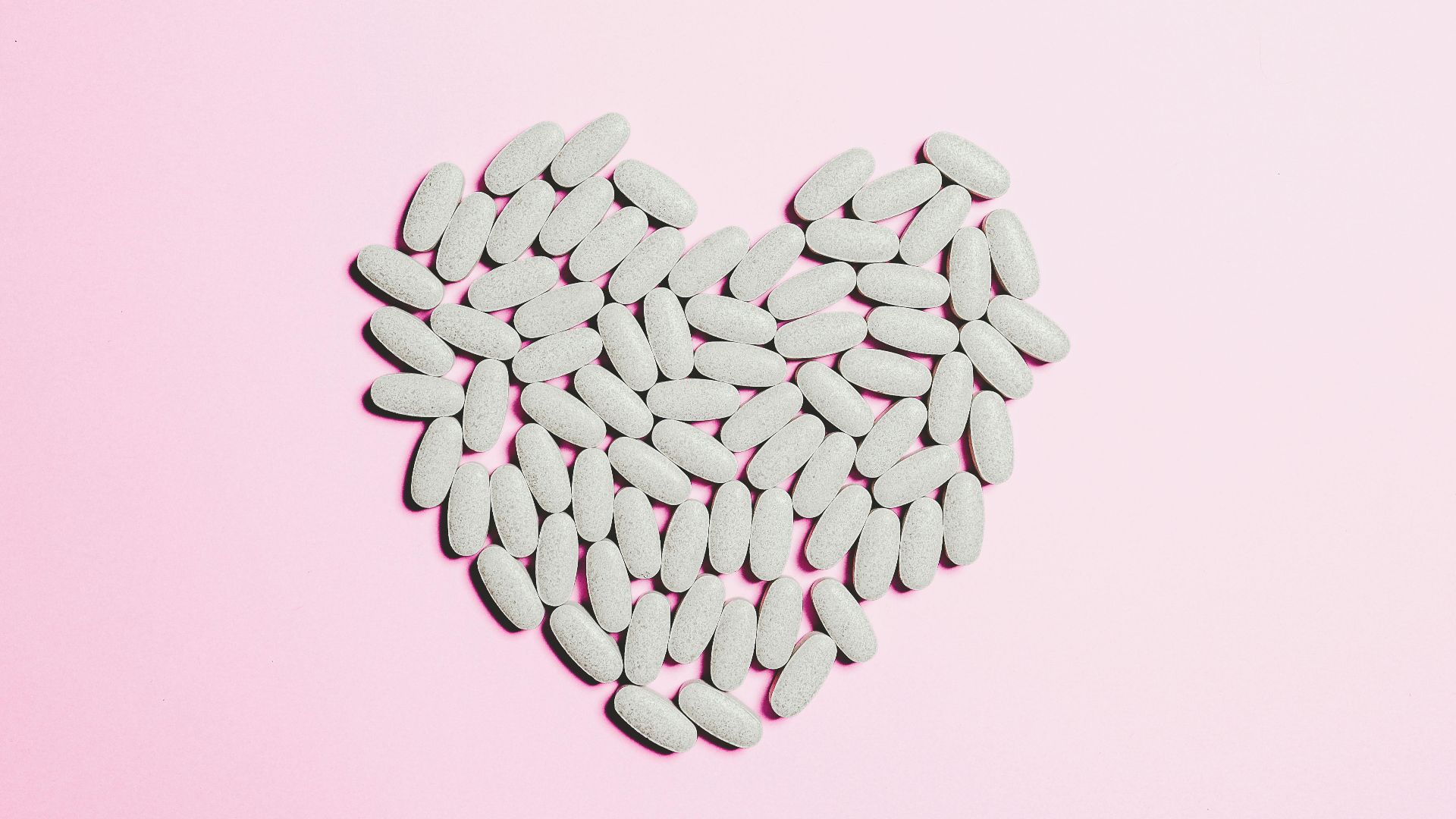Doctors Warn Against This One Health Supplement, Citing Higher Heart Attack Risk
Doctors Warn Against This One Health Supplement, Citing Higher Heart Attack Risk
With a greater focus in the West on holistic wellness and longevity, people are more obsessed with supplements than ever before. People take supplements because they think they’re doing something good for their bodies. However, just because a vitamin or mineral occurring naturally in the body or in food sources is healthy doesn’t necessarily mean it’s more beneficial at higher doses. Some of them can even be harmful when in a concentrated pill format.
Heart disease is the leading cause of death in the US. As such, many Americans work hard every day to make healthy lifestyle choices to keep their hearts strong, like eating plenty of fiber, exercising, and avoiding saturated fats. Now, imagine if all those efforts were undone by something they believe to be healthy: a supplement. Following new research, doctors are warning against one particular vitamin, which has been linked to cardiovascular disease.
What Is Niacin (Vitamin B3)?
Niacin or vitamin B3 is an essential vitamin found in meat, fish, eggs, bananas, and enriched cereals. Most people get enough of it in their diets, but it’s also available in pill form. It’s been marketed as a longevity supplement because it plays a role in the production of coenzyme NAD+, which has been linked to cellular energy production, vitality, and DNA repair. However, evidence for this is lacking, and newer studies have found that it can actually do more harm than good.
Niacin is crucial for converting food into energy, supporting skin health, nerve function, cognition, and DNA repair. It may also lower “bad” LDL cholesterol and triglycerides and raise “good” HDL cholesterol. However, the way the heart reacts to niacin is where things get tricky. While it reduces LDL cholesterol, it doesn’t always reduce the risk of cardiovascular disease.
Why Is It Controversial?
“Niacin’s effects have always been somewhat of a paradox,” Dr. Stanley Hazen, who spearheaded a study on the vitamin, said in a report.
This is because when excess niacin is broken down, it triggers inflammatory pathways linked to plaque formation in the arteries, raising the risk of cardiovascular disease.
Niacin was once prescribed as a treatment for high cholesterol, but not anymore. “It’s just not as effective at lowering cholesterol as other medications are, and it can lead to adverse effects,” Hazen said in a report published by the Cleveland Clinic.
In addition to the negative effects on the heart, niacin can also lead to liver damage. In high doses, it can inhibit mitochondrial function and overwhelm the liver’s metabolic pathways. Other serious side effects include increasing the risk of diabetes, worsening gout symptoms, causing skin rashes, stomach ulcers, gastrointestinal problems, and brain bleeding. As a result, doctors have essentially stopped recommending people take niacin supplements.
Niacin In Food Sources
So, without supplements, how will you be sure you’re getting enough niacin? This is really not a concern if you live in the US, says Hazen, as many foods, including flour, cereal, oats, and rice, are enriched with niacin. This practice dates back to the Great Depression, when food shortages caused nutrient deficiencies, including pellagra, which is the condition of lacking niacin, to be rampant. This prompted the government to start fortifying certain foods, and they continue to do it more as a custom than an actual necessity.
“The amount of niacin that we ingest continues to increase to this very day because so much of our food and food staples are fortified,” he added. Make sure to talk to your doctor before taking niacin supplements.
KEEP ON READING

Cracker Barrel's Holiday Menu Is Officially Here









